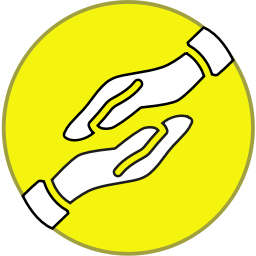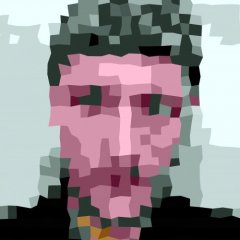940,043 Characters to Go
Today I finished reading the short story《牛》by 沈从文. It is one of my favorite things I have read in Chinese.
The story is about a farmer nicknamed 大牛伯 and his ox 小牛. One day, while plowing the field, 大牛伯 gets angry and strikes the ox in the leg with a wooden mallet. The rest of the story is devoted to the aftermath of this event. When he realizes his ox is seriously injured, 大牛伯 starts to worry about his future. How will he plow the field without his ox? Can the ox’s leg be healed? Should the ox be sent to the butcher?
The story is a fable of surprising moral and psychological depth. I was hooked from the first paragraph. Here it is:
Quote有这样事情发生,就是桑溪荡里住,绰号大牛伯的那个人,前一天居然在荞麦田里,同他的耕牛为一点小事生气,用木榔槌打了那耕牛后脚一下。这耕牛在平时是彷佛他那儿子一样,纵是骂,也如骂亲生儿女,在骂中还不少爱抚的。但是脾气一来不能节制自己,随意敲了一下,不平常的事此因就发生了。当时这主人还不觉得,第二天,再想放牛去耕那块工作未完事的荞麦田,牛不能像平时很大方的那么走出栏外了。牛后脚有了毛病,就因为昨天大牛伯主人那么不知轻重在气头下一榔槌的结果。
For most of the rest of the story 沈从文 explores, in plain language, the thoughts and emotions of 大牛伯 and his stricken ox. 大牛伯 feels guilty for hurting his ox. He is also angry with the ox for being hurt and suspects it of exaggerating the seriousness of its injury. The ox enjoys finally having an opportunity to relax in the hot sun. But it also feels guilty it cannot plow the field for its master, because it wants to make him happy.
If you like the paragraph quoted above you will like《牛》.The tone and style of that paragraph are representative of what follows. I loved this story, and look forward to reading more works by 沈从文.
Text of《牛》:
http://blog.sina.com.cn/s/blog_53fc4c510100m2sg.html
Some statistics:
Characters read this year: 59,957
Characters left to read this year: 940,043
Percent of goal completed: 6.0%
List of things read:
《三八节有感》by 丁玲 (2,370 characters)
《我在霞村的时候》by 丁玲 (10,754 characters)
《在延安文艺座谈会上的讲话》by 毛泽东 (18,276 characters)
《自杀日记》by 丁玲 (4,567 characters)
《我没有自己的名字》by 余华 (8,416 characters)
《手》by 萧红 (7,477 characters)
《牛》by 沈从文 (8,097 characters)
[Thanks to @Lu for pointing out that the animal in this story is an ox, not a calf.]
-
 2
2
-
 1
1


12 Comments
Recommended Comments